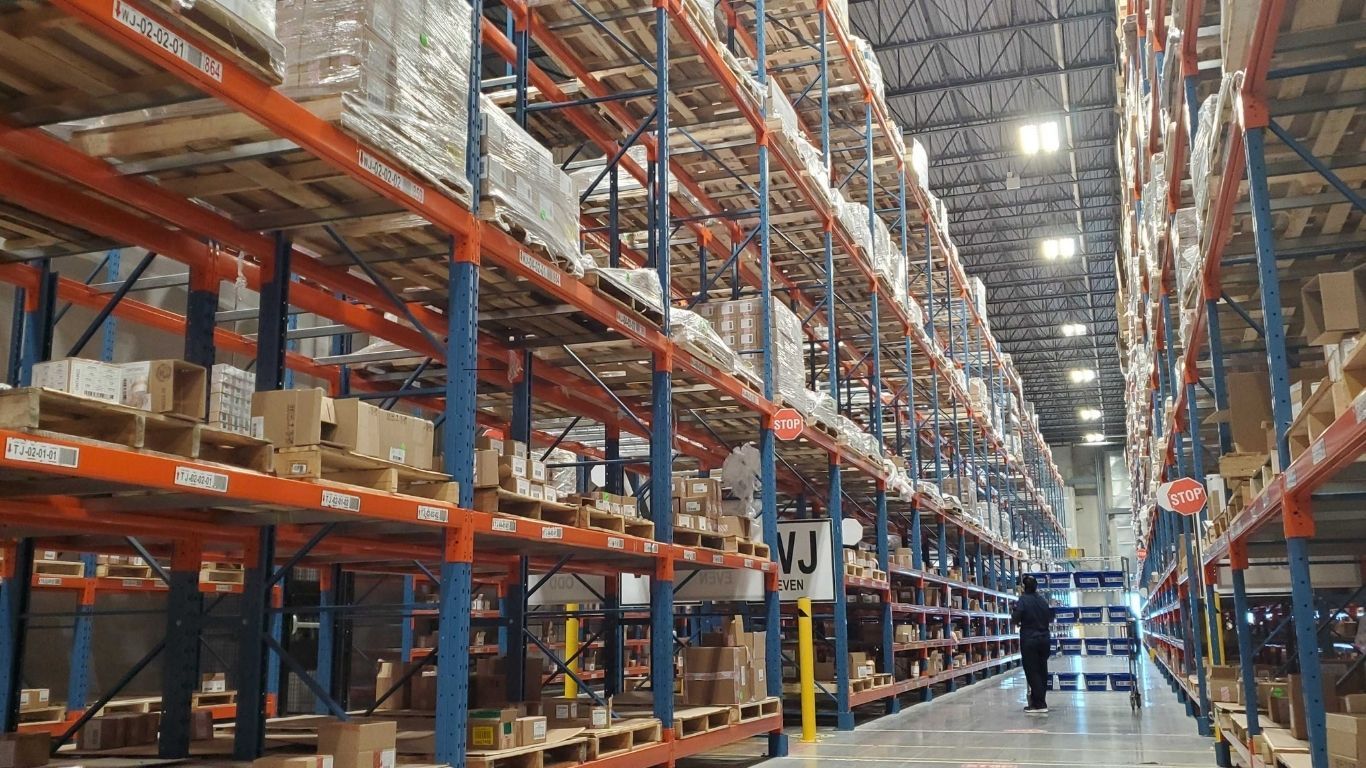
Canadians should soon have the chance to provide comments on proposed changes to the cannabis regulations, including increasing the public possession limit for cannabis beverages.
The proposed changes, announced as part of the Forward Regulatory Plan 2022-2024, will also include revisions to cannabis research and testing.
A Notice of Intent on the proposed changes was first published in the Canada Gazette, Part I, on December 12, 2020, announcing a 30-day public comment period, so Canadians are expected to have the opportunity to provide comments on the regulatory proposal during the Canada Gazette, Part I, public comment period, which is expected to take place in winter 2022.
The proposed changes to the public possession limit for cannabis beverages would mean adult Canadians could possess up to as many as 48 cans, rather than about 5 currently.
The proposed increase would change the cannabis “equivalency” for cannabis beverages from one gram of dried cannabis being equal to 70 grams of cannabis beverages to 570 grams. This increases the volume of beverages one can buy and/or possess in public from just over two litres to just over 70, taking into account the 30-gram public possession limit.
Cannabis beverage makers in the industry have been lobbying for these changes since the rules were first announced several years ago, noting that only allowing consumers to buy five cans at a time was not practical.
In addition to these changes, the proposed regulatory adjustments will also make cannabis product testing easier and will make some changes to how labs can engage in cannabis testing practices. The changes to cannabis product testing (so-called “human trials”) should also assist the industry in more easily allowing the sampling of products still in the R&D phase.
Currently, the regulations require additional product testing authorizations that some licence holders find too challenging. This is true not only for sampling dried flower, but also for products like edibles, beverages, and vape pens that producers otherwise have a limited ability to test for taste or effect until after they are released into the consumer market.
Health Canada was also seeking feedback as part of the Gazette process on the regulatory burden for micro and nursery licences.
In 2021, Health Canada also proposed restrictions around flavouring in cannabis extracts and vape pens, which they say they expected to come into force “no earlier than 2022”. A representative for Health Canada told StratCann via email that the regulator does not have an update on timing at this time.
Although, on the surface, these changes around flavouring appear quite strict, they are written in a way that still allows smells and flavours associated with cannabis to be used, either from cannabis-derived or non-cannabis-derived sources, says one industry expert.












